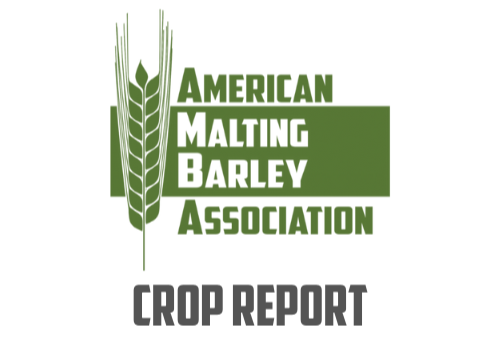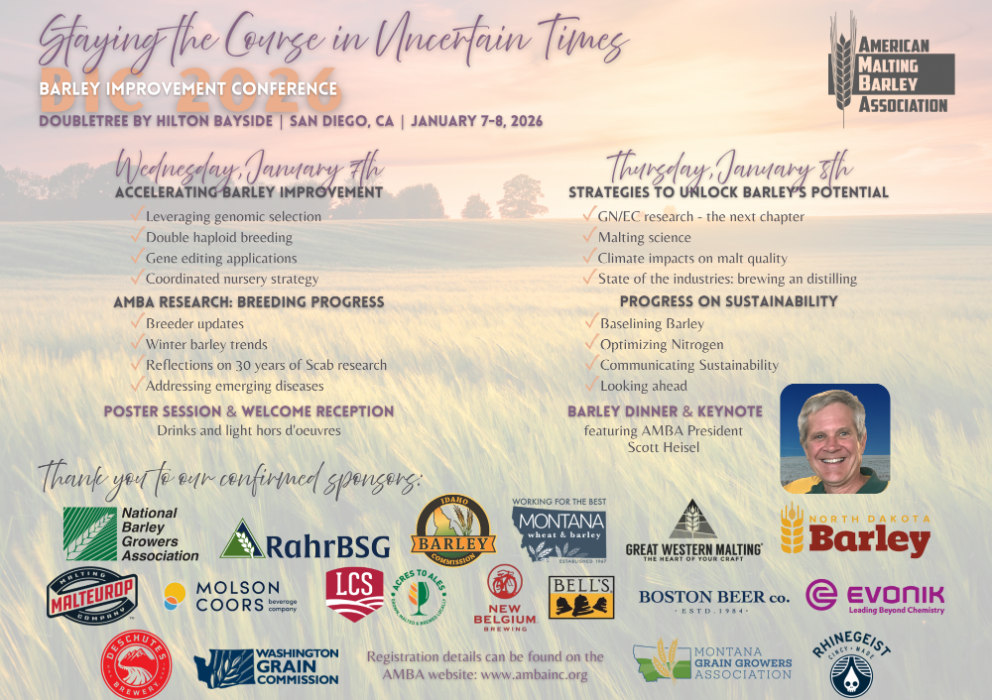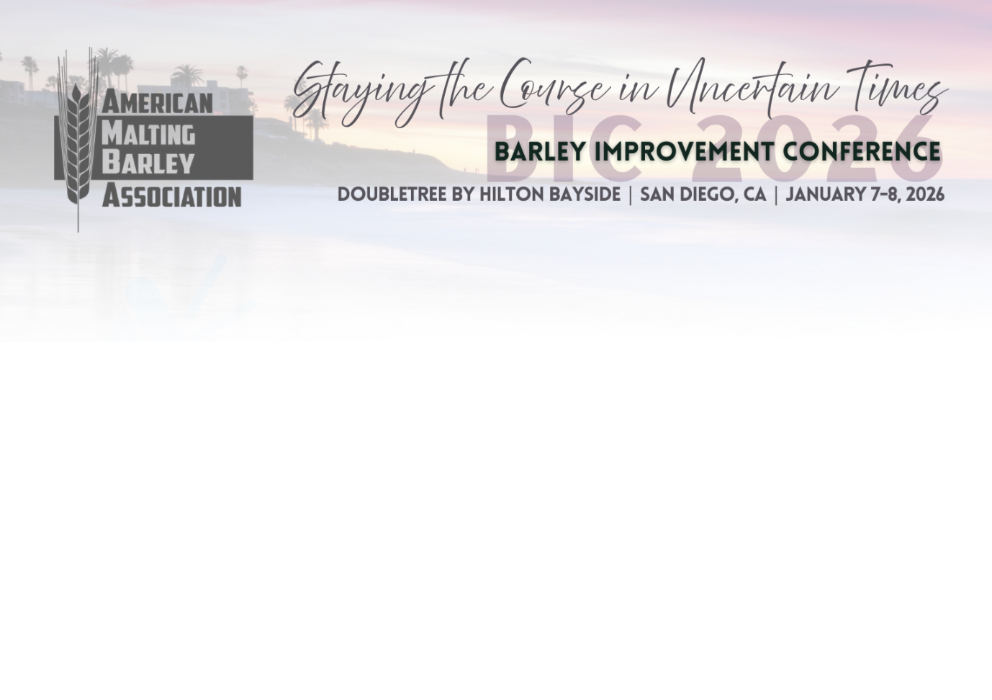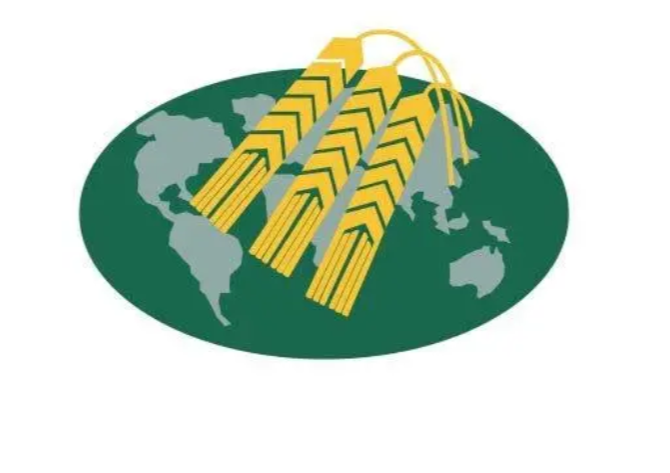Impact of federal terminations to barley research
Since the original posting of this article, several of the impacted USDA-ARS personnel have had their terminations rescinded. However, much uncertainty still exists on how upcoming Reduction in Force efforts will impact our federal workforce. The American Malting Barley Association and National Barley Improvement Committee have been working diligently to inform this process to ensure stakeholder input guides personnel decisions.
---------------------------------------------------------------------------
Significant impacts to barley research in the U.S. are anticipated after several federal positions were terminated within the Agricultural Research Service. Those terminations were in response to the Administration’s executive order implementing the Department of Government Efficiency’s workforce optimization initiative, signed into effect on February 11th. Those caught up in the workforce reduction were considered to be on probationary status, lasting 6 months to 3 years, depending on the position classification. Similar reductions have occurred in departments and agencies throughout the federal government.
Specific impacts to the barley research community include a loss of at least 6 scientists, several postdocs and technicians, and many research support staff positions. Currently, at least 25 positions have been terminated that worked directly on barley, with some of those greatest impacts at the Cereal Disease Lab in St. Paul, Minnesota and the Cereal Crops Research Unit Malt Quality Lab in Madison, Wisconsin. Due to the highly collaborative nature of barley research, many ARS scientists and staff that remain will likely have disruptions in research due to the working partnerships with those impacted.
Here are two examples of what this means for the future of barley improvement.
Decreased ability to conduct disease surveillance research: Efforts, like the Barley Pest Initiative, support a network of scientists dedicated to collect, process, and analyze samples to monitor the occurrence and prevalence of diseases that threaten the domestic barley crop. Knowledge gained from this work not only informs our ability to respond to these threats each season, but also accelerates our ability to build genetic resistance into new barley varieties. Several ARS units work together in collaboration to handle varying aspects of this mission on several disease threats. The network’s diminished ability to conduct this work because of recent terminations poses threats to food security and our ability to build a resilient food system.
Decreased capacity to assess malt quality: Various research initiatives, in addition to support from the private sector (malting, brewing, and distilling industries), ensure the Malt Quality Lab operates efficiently in order to process thousands of barley samples each year. To support variety development and other affiliated research, the Lab must be working at full capacity. In addition to a reduction in personnel, long overdue equipment repairs are now under threat, just approved this past year. These challenges will undoubtedly lead to a decrease in sample throughput in the lab. Barley research from across the U.S. relies on the quality lab to produce fast and reliable results to inform their work.
Compounding this challenge is the recent freeze on federal funds. Funds secured through lobbying efforts by the National Barley Improvement Committee are appropriated and Congressionally mandated to accomplish work at ARS sites and with university partners, and although those funds were used to support many of the terminated positions, the funds were not tied to those positions. At this time, it is unclear whether or not the funds can be accessed to fulfill commitments with our partners at universities across the U.S.
The National Barley Improvement Committee, which represents the U.S. barley community of growers, researchers, processors, users, and allied industries, will be making their annual trip to Washington, D.C. to advocate on behalf of barley March 3-5. Although their legislative priorities remain the same, a heightened focus will be on working with Congress and the administration to navigate the challenges the barley research community faces in order to minimize disruptions to service.









